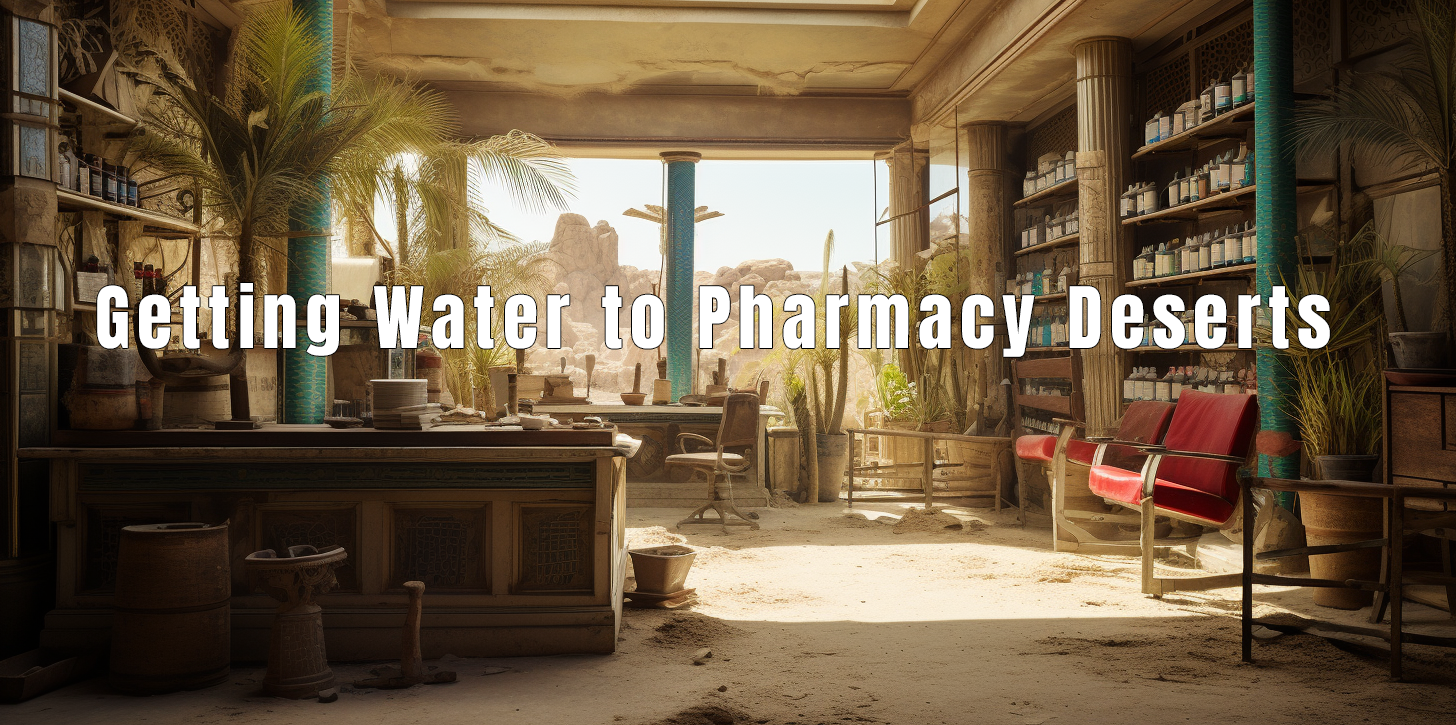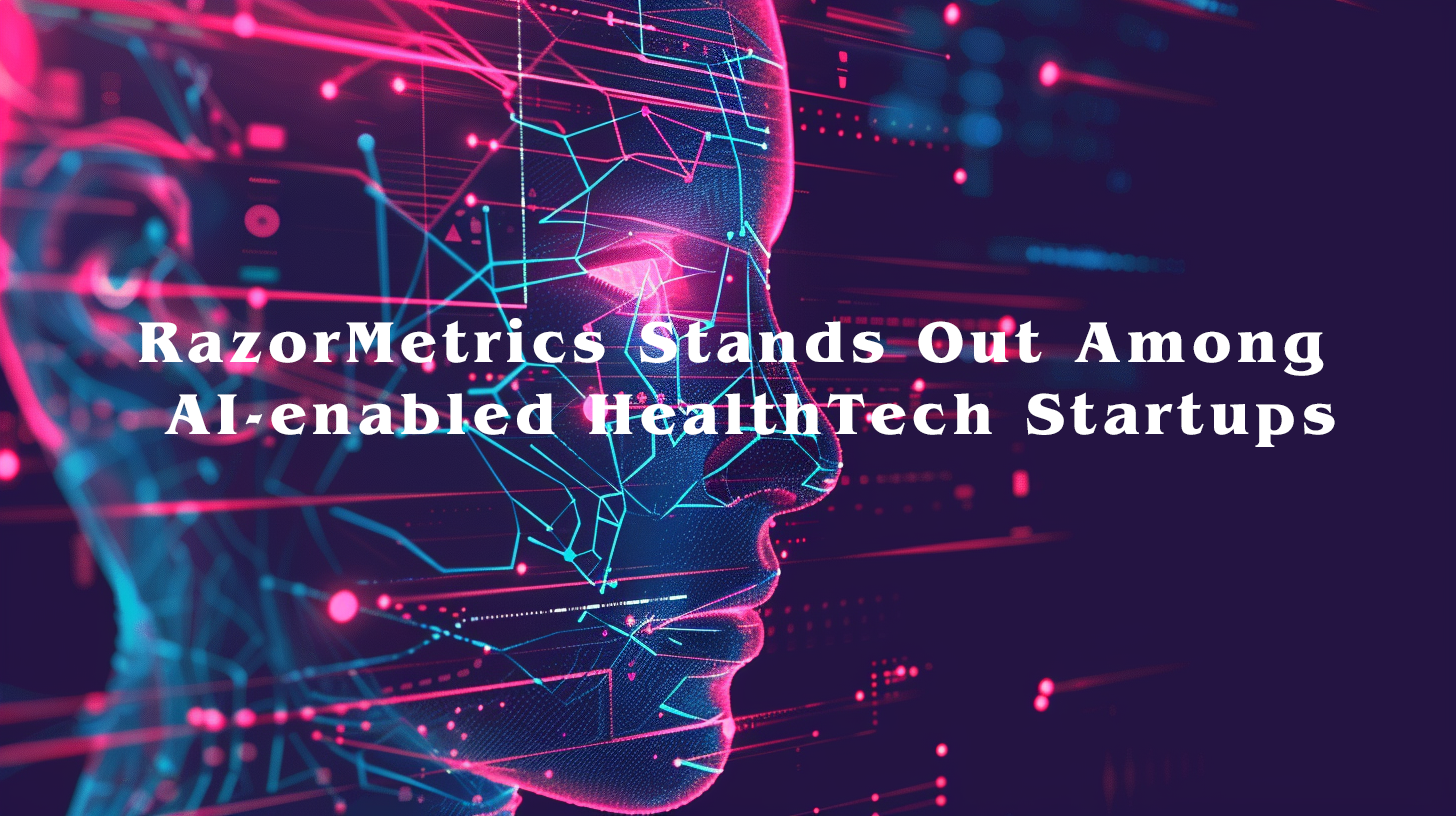On a recent episode of “What the Health,” journalist Joanne Kenen called out a rising problem: drugstores are closing across the country and creating pharmacy deserts. Local pharmacies have long served as lifelines for rural and low-income areas, acting as accessible healthcare hubs and spots for grocery items. Regrettably, recent developments in the retail pharmacy landscape are raising concerns about the accessibility of essential healthcare services and products in already vulnerable communities.
National pharmacy chains, pillars of healthcare infrastructure, are responding to a tumultuous period in their industry by closing brick-and-mortar stores. Retail analysts attribute the retrenchment to a confluence of factors, including disruptive online competition, evolving consumer behavior, labor issues, and opioid lawsuits.
When the retail chain leaves a community, there is often no pharmacy left behind. The decline of independent pharmacies – almost 50% have closed since 1980 – is linked to competition from retail pharmacy chains. According to a study published in the Journal of the American Medical Association, independent pharmacies were more likely to close than their counterparts. The retail chains outcompeted the independents into oblivion, but then, when the retail pharmacy closes, it leaves a pharmacy desert in its wake.
In rural areas, a pharmacy desert is defined as being more than five miles from residents. Urban areas define a pharmacy desert as ½ mile because residents depend on public transportation. Losing the local retail pharmacy can set off a domino effect with far-reaching consequences for lower-income households as medicines and essentials become less accessible.
Researchers found a link between pharmacy access and medication adherence; as access goes down, adherence follows. Seniors with chronic conditions often depend more on their pharmacist, with whom they have a face-to-face relationship, for health information.
The unfolding narrative of national pharmacy chains closing stores highlights the fragility of healthcare infrastructure in under-served communities, but it fails to descry the opportunity for pharmacy delivery services. As these closures continue, it is fundamental to create new avenues to people in a pharmacy desert. Crucial healthcare services have gone virtual to great success, from telehealth, zoom doctor visits, and AI companies like RazorMetrics.
We engage directly with physicians and patients to find the least cost medication, and often the most affordable prescriptions are found through discount mail-order pharmacy. RazorMetrics’ clients receive the program automatically with RxAdvocate, and the benefits are huge.
- No problem if the local pharmacy closes.
- No more localized supply and demand problems.
- No more waiting in line at the pharmacy. Meds are sent to the door.
- Member satisfaction is HIGH. Getting medications is easy with our low-touch process.
When the local pharmacy closes, it does not necessitate disaster for members or employees. Health plans and self-funded employers can get water to these pharmacy deserts with RazorMetrics. Switching to a mail-order pharmacy means the medication rolls off the plan completely, saving money on the benefits budget. At the same time, the out-of-pocket cost is less than the copay or co-insurance for members/employees, meaning medication treatments remain within reach for those who need them most.



